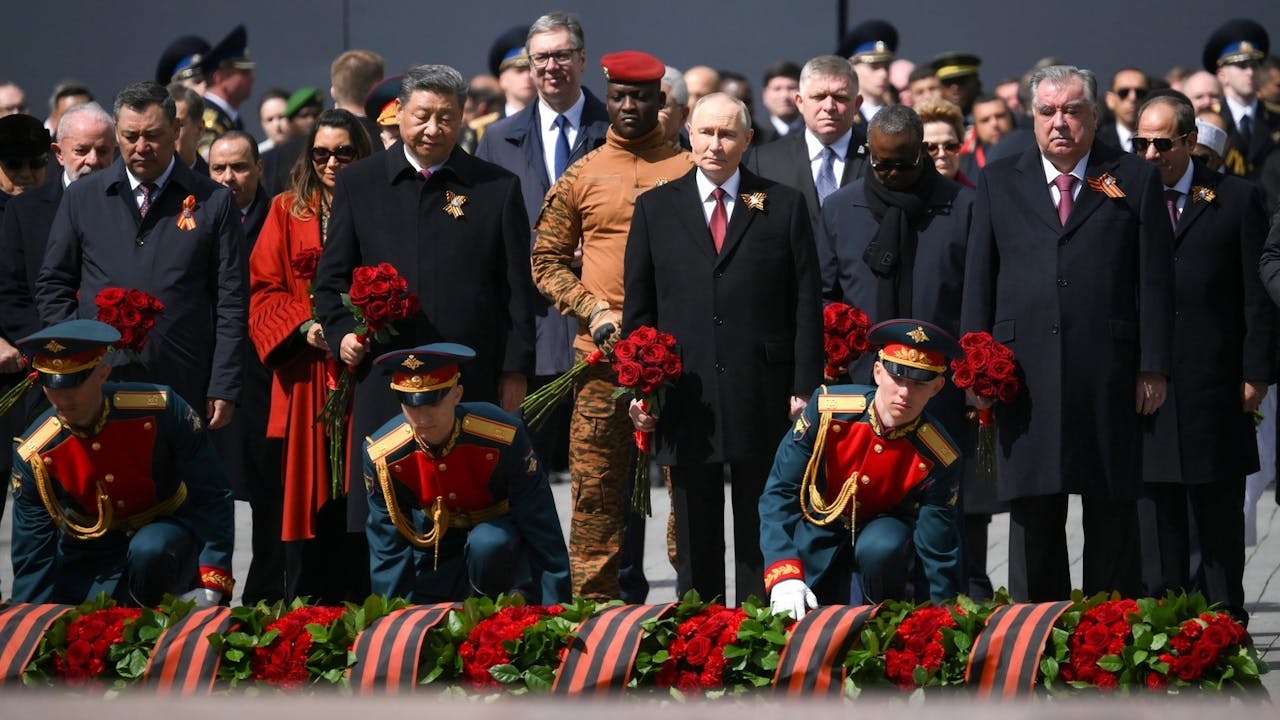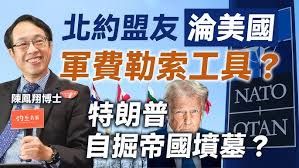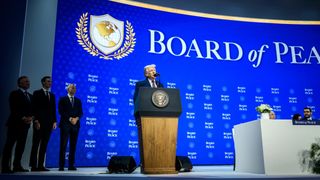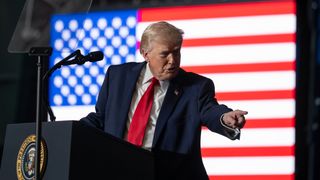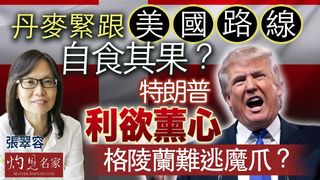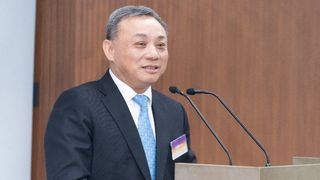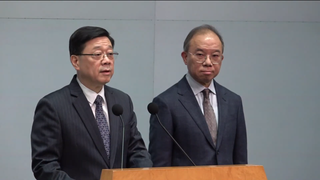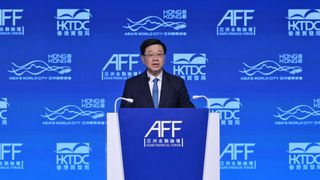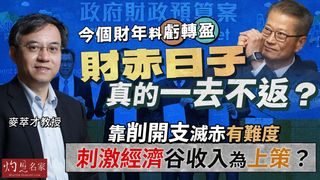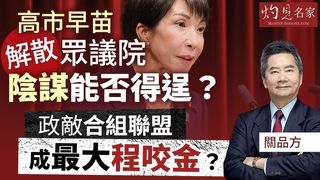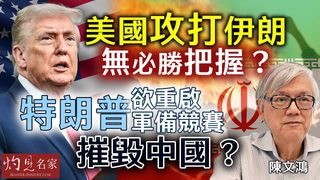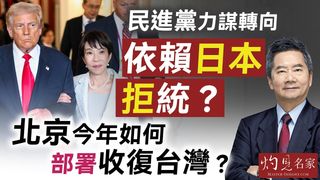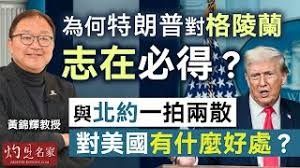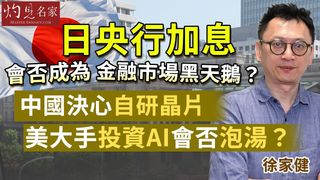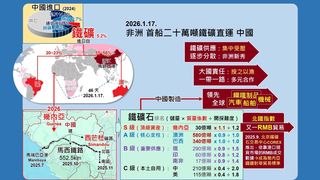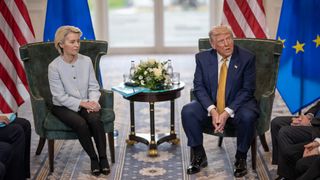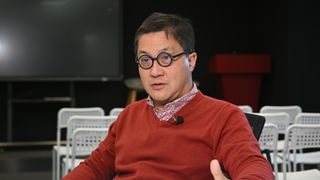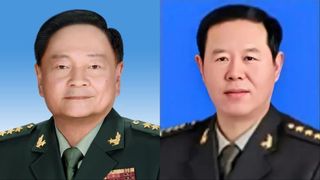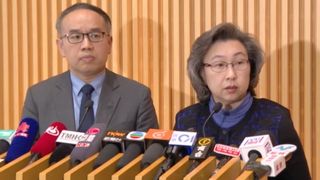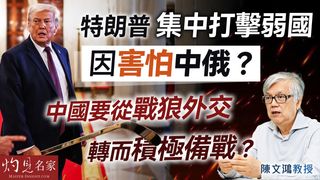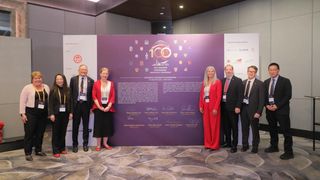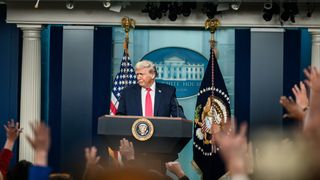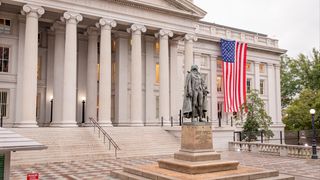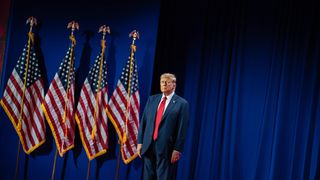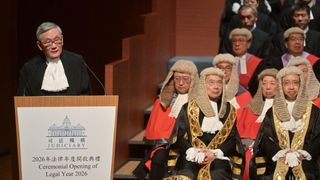中國國家主席習近平訪問俄羅斯,於5月9日出席蘇聯衛國戰爭勝利周年慶典活動。他強調,中俄深厚情誼是二戰時期世界反法西斯鬥爭中用鮮血和生命凝結出來,兩國將「世代友好」。習近平敦促國際社會秉持「正確」的二戰歷史觀,堅定維護戰後國際秩序,捍衛正義與公平。
習主席也表示,世界正進入動盪變革的新時代,中俄雙方要保持策略定力和策略協作。他指出,任何力量也阻擋不了兩國實現各自發展振興,阻擋不了中俄世代友好的民心所向,阻擋不了世界多極化和經濟全球化的時代潮流。他願同普京保持緊密聯繫,為中俄關係定向領航,積極貢獻推動全球管治秩序。
兩岸統一大勢不可阻擋
他還重申,中國實現與台灣統一的歷史大勢不可阻擋。
針對習近平主席的講話,俄羅斯總統普京表示,願同習近平主席保持密切戰略溝通,並指兩國應加強雙邊關係,深化全面戰略協作,維護共同利益,推動建設「更公平、民主、多極化的世界」。
兩國領導人就烏克蘭問題交換了看法。習主席表示,中方倡導並堅持共同、綜合、合作、可持續的全球安全觀,認為應重視各國合理安全關切,消除產生危機的根源。他希望有關烏克蘭的任何協議都將是持久的,而普京則表示,俄烏達成「公平、持久的和平協議」是沒有先決條件。他重申,俄中關係不會針對任何國家。
中俄雙方簽署關於深化戰略夥伴關係、維護國際法的聯合聲明。聯合聲明共24點,要點包括:重申中俄兩國戰略夥伴關係、對《聯合國憲章》包括國家主權平等和領土完整的承諾、反對違反國際法的單邊制裁、支持不干涉國家內政和外交事務,以及反對雙重標準和違反「基於規則的秩序」的行為等。其中對單邊制裁和違反基於規則的秩序涉及雙重標準的批評,或許是暗指美國對俄羅斯的制裁和美國對中國的關稅。
從聯合聲明的內容來看,中方似乎尋求俄方保證對國際法的尊重、遵循和維護,包括國家主權平等,而俄方也同意作出這樣的保證。儘管聯合聲明中根本沒有提及烏克蘭問題,但中國似乎致力讓俄羅斯遵守國際法的原則和規範,至少在紙面上重申這樣的立場。

承認克島主權為先決條件
如果俄方熱衷於維護國際法,解決烏克蘭危機就有一線曙光。雖然普京聲稱俄羅斯在處理烏克蘭危機問題沒有先決條件,但美國總統特朗普曾提到,俄羅斯希望美國能夠承認俄羅斯對克里米亞半島的主權,這也算是普京在解決俄烏問題的先決條件之一。
中俄友好的另一個重要意義是,中國仍然渴望成為處理烏克蘭危機的中間人之一。習主席強調,任何和平協議都應該是持久的,希望普京能與烏克蘭達成長期的和平協議。
由於俄方已經透過聯合聲明重申了俄羅斯對國際法的尊重,中俄友好關係應有利短期內解決烏克蘭危機,但要俄烏努力達成臨時停火協議,進而和平過渡至美烏礦產的長期性協議,有關過程仍然面對極大挑戰,原因是烏克蘭大量礦產資源位於俄軍佔領的地區內。
聯合聲明狠批美方雙標
中俄友誼的第三個重要意義是,兩國都確認了在多極世界中追求和平的必要性。
然而,美國經歷上屆拜登政府和現任特朗普政府的領導下,在適應新的國際秩序似乎遇上一些困難。美方對華加徵關稅,導致美中關係惡化,中方如何反制還有待觀察。
從中國堅守底線的談判風格來看,中美貿易談判的突破很可能取決於(1)了解中國談判文化和風格的美國中間人;(2)美方與中方的相互讓步。
總之,習主席訪問俄羅斯,並簽署聯合聲明是中俄友誼發展與鞏固的見證。這種友誼似乎比傳統智慧想像的更複雜。中國通過聯合聲明要求俄羅斯對國際法承擔法律責任,對主權平等原則的確認,特別是提到需要以更持久的方式解決烏克蘭危機,顯示中國在烏克蘭問題上仍然扮演着一個沉默的中間人的角色。
在中俄都熱衷於在多極世界中重塑國際秩序的同時,美國對多極世界的反應似乎進入了一個漫長的過渡期,包括使用單邊和對等關稅、與烏克蘭達成礦產協議以保護美國的經濟利益,以及其他強調美國國家利益在國際政治中至高無上的措施。
因此,在中俄友誼發展和鞏固的過程中,美國在適應新興多極世界的同時,遇到了與中國的經濟緊張、與俄羅斯就烏克蘭危機的艱難談判,以及在多極化政治中應對中俄兩個新大國的持續挑戰。
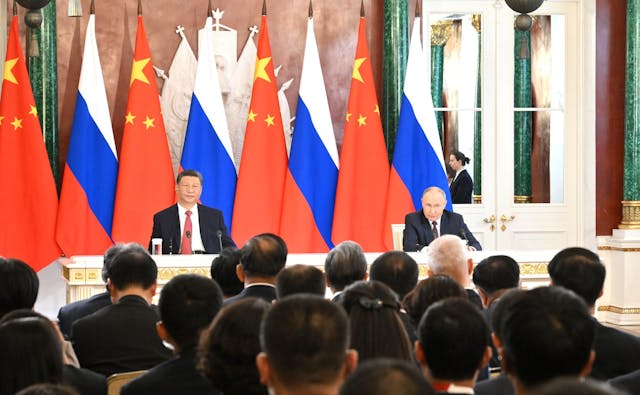
Sino-Russian friendship and its implications for international politics
Judging from the visit of Chinese President Xi Jinping to Russia to attend the celebrations marking the 80th anniversary of the Soviet Union’s victory in the Great Patriotic War and from his interactions with Russian President Vladimir Putin, the development of Sino-Russian friendship has important implications for international politics.
On May 7, President Xi said that the profound friendship between China and Russia was forged with blood and lives in the world against fascism during the Second World War, and that there would be “everlasting amity” between the two countries. Xi urged the international community to uphold the “correct” view of the history of the Second World War, firmly safeguarding the post-war international order and defending international justice and fairness.
President Xi also said that both China and Russia should maintain strategic resolve and coordination, because the world is entering a new era of turbulence and transformation. According to Xi, no force can stop both countries from consolidating the foundation of a long-standing relationship. Moreover, no force can and will hold back the ongoing trend toward a multipolar world and economic globalization. As such, both China and Russia, Xi said, should continue to make contributions to advance global governance.
He also added that the historical trend of China’s achievement of its reunification with Taiwan will be “unstoppable” (Xinhua, May 7, 2025).
In response to Xi’s remarks, President Putin said that he is willing to maintain close strategic communications with the Chinese President. Furthermore, according to Putin, both countries should strengthen bilateral relations, deepen comprehensive strategic coordination, safeguard their common interests and promote the development of a “more equitable, democratic and multipolar world” (Xinhua, May 9, 2025).
On the question of Ukraine, both leaders exchanged their views. President Xi said that China advocates for a vision of establishing common, comprehensive, cooperative and sustainable security at the global level, that the legitimate concerns of all countries should be taken into consideration seriously, and that the root causes of the Ukraine crisis should be eliminated. He hoped that any agreement on Ukraine will be a long-lasting one, while Putin said that Russia has no precondition in reaching a “fair and lasting peace agreement” with Ukraine. Putin also said that the harmonious Russo-Chinese relations are not targeting at any country.
Both China and Russia signed a Joint Declaration on the deepening of their strategic partnership and the upholding of international law. The Joint Declaration contains twenty-four points, including (1) the reaffirmation of two countries’ strategic partnership; (2) the upholding of international law in the multipolar world; (3) their commitment to the United Nations Charter including sovereign equality and territorial integrity; (4) sovereign equality as being crucial in the stability of international relations; (5) the right of states to participate in the making and application of international law on an equal footing; (6) the avoidance of threat and the use of force in violation of the United Nations Charter; (7) the right of each country to select its developmental path; (8) the opposition to unilateral sanctions that violate international law; (9) the support of non-intervention in the internal and external affairs of states; (10) the peaceful settlement of disputes; (11) the opposition to double standards and actions that violate the “rules-based order”; (12) the condemnation of terrorism; (13) the honor of international obligations; (14) the immunity of state officials; (15) the cooperation of criminal justice: (16) the call for arms control and disarmament and non-proliferation; (16) the consolidation of arms control and disarmament; (17) the prevention of an arms race in outer space; (18) the emphasis on the UN Convention on the Law of the Sea in maintaining the rule of law in oceans; (19) the cooperation in dealing with climate change; (20) the commitment to plastic pollution prevention and control; (21) the prevention of and fight against cybercrime; (22) the opposition to the use of information technology and artificial intelligence in spreading disinformation; (23) the promotion and implementation of international law; and (24) the safeguard of the norms and principles of the UN Charter in upholding international fairness and justice.
From the perspective of international politics, the most important implication of President Xi’s visit to Russia this time is the enhancement of Sino-Russian friendship. What is interesting is that, judging from the content of the Joint Declaration, China appears to seek the Russian assurance in respecting, following and upholding the international law, including sovereign equality, while the Russian side does agree to such an approach. It seems that China strives to make Russia bound to the principles and norms of international law. Although the question of Ukraine has not mentioned at all in the Joint Declaration, it looks as if the Joint Declaration was more an effort from China to seek legal guarantees and assurance from the Russian side, which feels comfortable to do so and to reiterate its position at least on paper.
As such, the Ukraine crisis has a glimmer of hope, if the Russian side is keen to uphold the international law. While Putin said that Russia has no precondition in dealing with a peace agreement on the Ukraine crisis, US President Donald Trump told Ukrainian President Zelensky that Russia hoped that the US could recognize Russian sovereignty over Crimea. If this was the case, then it seems that Russia has also sought assurance from the US side on the question of Crimea, which to Russia is its territory.
Another important implication of Sino-Russian friendship is that China is still eager to be one of the middlemen in dealing with the Ukrainian crisis. Emphasizing that any peace agreement should be ideally long-lasting, President Xi hoped that President Putin would be able to reach such a peace agreement with Ukraine in the long run.
Coupled with the recent US agreement with Ukraine on the joint exploration and development of mineral resources in Ukraine, and judging from the US-Ukrainian agreement on minerals, it seems that while US was making a diplomatic gesture to make guarantees to Ukraine that Washington will help Ukraine’s reconstruction in the long run, Ukraine’s post-war recovery will need US assistance while its sovereignty will also be respected.
As such, the ongoing Sino-Russian friendship is arguably conducive to the resolution of the Ukrainian crisis in the short run, because President Putin and his officials have already reiterated the Russian respect of the international law through the Sino-Russian Joint Declaration. The challenge is how to make the temporary truce between Russia and Ukraine, which is lasting for 72 hours due to the Russian celebration of its 80th anniversary of the Great Patriotic War, more permanent, thereby leading to a peaceful transition to the implementation of the US-Ukraine mineral agreement in the long run. As a lot of Ukrainian mineral resources are in the regions and areas currently occupied by Russia, it will be another challenging endeavor to make the US-Ukrainian mineral agreement workable.
The third important implication of the Sino-Russian friendship is that both countries affirm the need to pursue peace in the multipolar world. However, the US under the previous Joe Biden government and the current Trump administration has appeared to have some difficulties in adjusting to this new international world order. The US imposition of tariffs unilaterally on China has worsened US-China relations. It remains to be seen whether and how the Chinese side will perhaps make concessions. Judging from the Chinese negotiating style and culture of sticking to their bottom line and only making concessions after the other adversary side meets such bottom line, any breakthrough in Sino-US trade negotiations will likely depend on (1) American middlemen who understand the Chinese negotiating culture and style and (2) mutual concessions made from the US side and then the corresponding Chinese side. The Sino-Russian Joint Declaration criticizes unilateral sanctions and “double standards” that violate the rules-based order: criticisms that perhaps implicitly referring to the US sanctions against Russia and the US tariffs on China. If so, both Russia and China see the US as their adversaries although the US is not named in the Joint Declaration.
In conclusion, President Xi’s visit to Russia and the signing of the Sino-Russian Joint Declaration are a testimony to the development and consolidation of Sino-Russian friendship. Such friendship appears to be more complex than conventional wisdom may assume. China has appeared to utilize the Joint Declaration to hold Russia legally accountable to the international law, especially the affirmation of the principle of sovereign equality. Mentioning the need to resolve the Ukraine crisis with a more permanent solution, China has acted still like a silent middleman in the Ukraine question. On the other hand, Russia has secured China’s strong economic support to deal with the US sanctions after the Ukrainian war. On the other hand, while both China and Russia are keen to remake the international world order in the ongoing multipolar world, the US reactions to such a multipolar world have appeared to step into a long transition period, including the usage of unilateral and reciprocal tariffs, the need to reach a mineral agreement with Ukraine to protect the US economic interests, and other measures that emphasize the primacy of US national interests in international politics. As such, amid the development and consolidation of Sino-Russian friendship, the adaptation of the US to an emerging multipolar world is encountering economic tensions with China, difficult negotiations with Russia over the Ukrainian crisis, and persistent challenges in coping with the two new powers, namely China and Russia, in the politics of multipolarity.
原刊於澳門新聞通訊社(MNA)網站,本社獲作者授權轉載。(原文按此)





